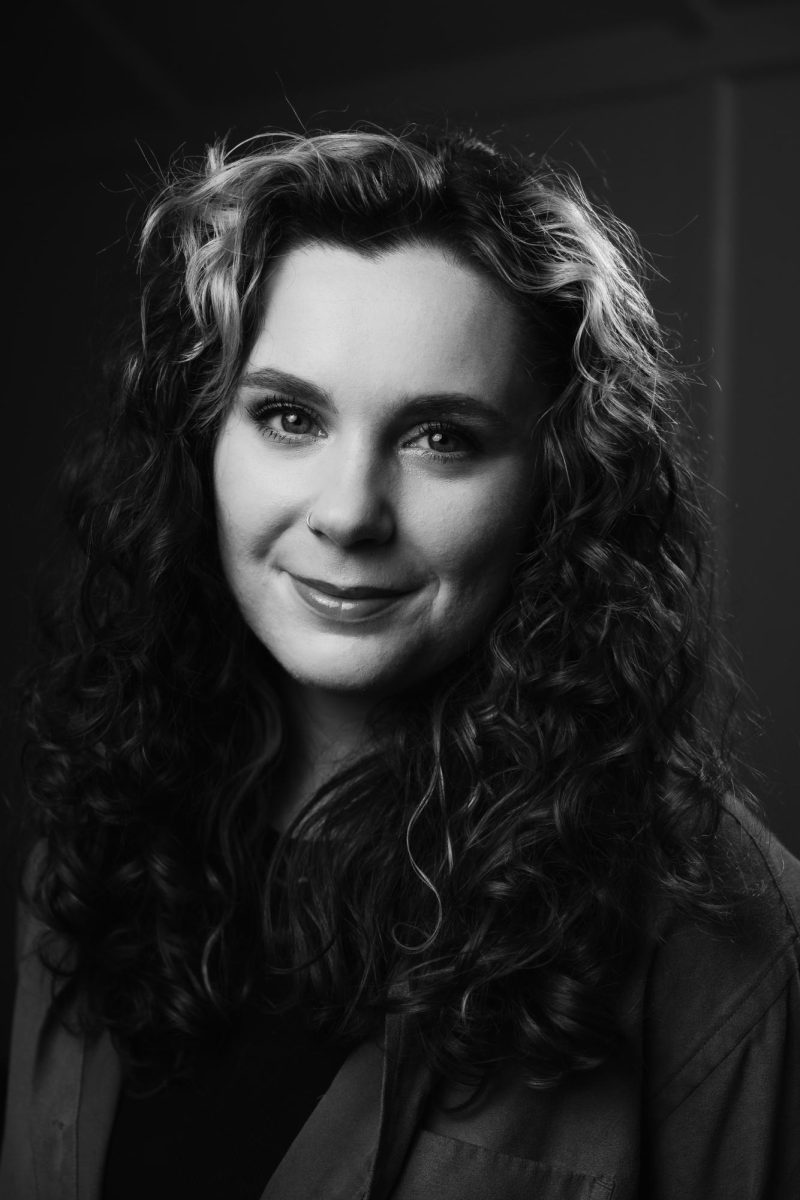Jackson Katz leaves ISU community with challenge
October 15, 2000
Jackson Katz, director and founder of Mentors in Violence Prevention Strategies, encouraged the ISU community to change its thinking about violence and abuse against women during Women’s Week.
About 150 people gathered in the Memorial Union Sun Room Thursday evening to listen to Katz’s interactive speech titled “More Than a Few Good Men: American Manhood and Violence Against Women.”
The audience was predominately female, but mostly men stayed for the question-and-answer session following the presentation.
Laura Armstrong, co-chair of the ISU Committee Against Violence, said Katz’s talk appeared to have an influence on the audience.
“I think it was evident by how many people stayed,” said Armstrong, graduate student in English. “More men stayed after to talk to Jackson than women, and I think that’s the point. It may be a small group at the moment, but there are five or six young men sitting there. You can see them getting it.”
Katz challenged the audience to think differently about issues of violence and abuse, which have generally been referred to as “women’s issues,” but he said those are personal issues.
“I can say this to you in this room, that all of you, male or female, know at least one girl or woman who has been assaulted by a man,” he said. “It’s more than a clich‚ to say that we’re all on this together.”
People often address violence in the passive voice, Katz said. Though he said it is not intentional, the media often state that “women are raped” rather than “men raped women.”
“We need to start telling the truth,” he said.
Katz illustrated the truth about violence by dividing a chalkboard in half and asking both men and women in the audience to name safety measures they take on a daily basis to combat the threat of violence. The men’s side remained blank, while the women’s side was filled with everything from carrying cell phones and pepper spray to locking doors in their rooms and bathrooms and not walking home alone at night.
Katz said when men do take safety precautions, it seems to be a laughing matter. “Anything we do to take care of ourselves is acceptable, whether we’re male or female,” he said.
When men speak up for women, he said, it brings about mocking and questioning of their sexual orientation. “Why is a man considered gay because he loves women?” he said.
Speaking out against violence can be difficult for women as well, Katz said, because in doing so, they often are referred to as “anti-male” or “male-bashers.” However, Katz said when either sex speaks out, it is not a case of men versus women, but a case of being pro-human.
Katz, who said he became an activist due in part to a violent home life, left the audience with challenges. “I hope you never accept second-class status,” he said to the female population. “I hope you proudly proclaim yourself as strong women and identify with the feminist word.”
Katz left the men with the message that in the year 2000, being a good guy isn’t good enough. “Do whatever you have to do so that you can look yourself in the mirror in the morning and say that you, as a man, are going to do what you can to make the world a better, a safer and a more egalitarian place for the women and girls that you care about.”
















